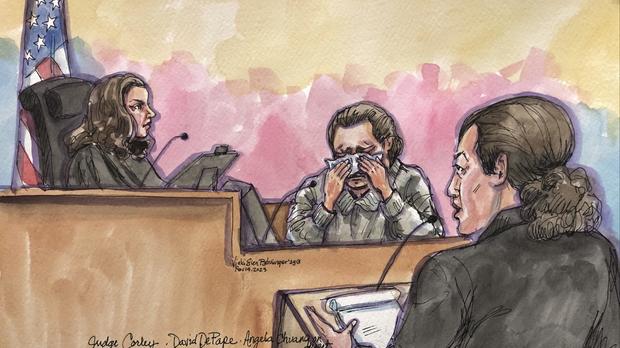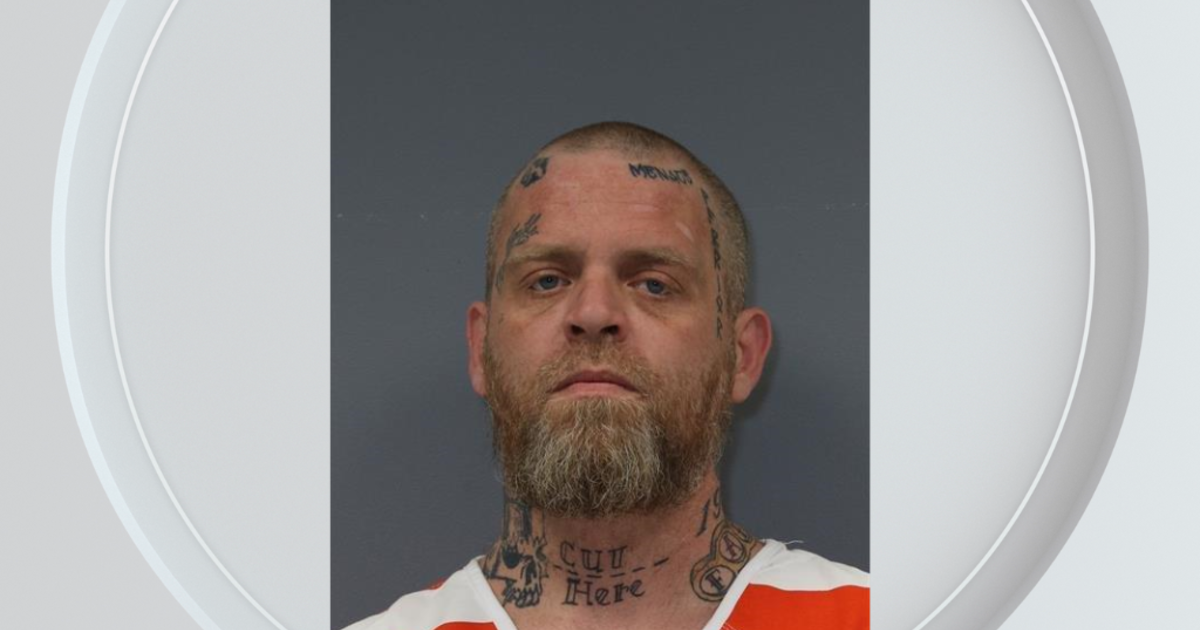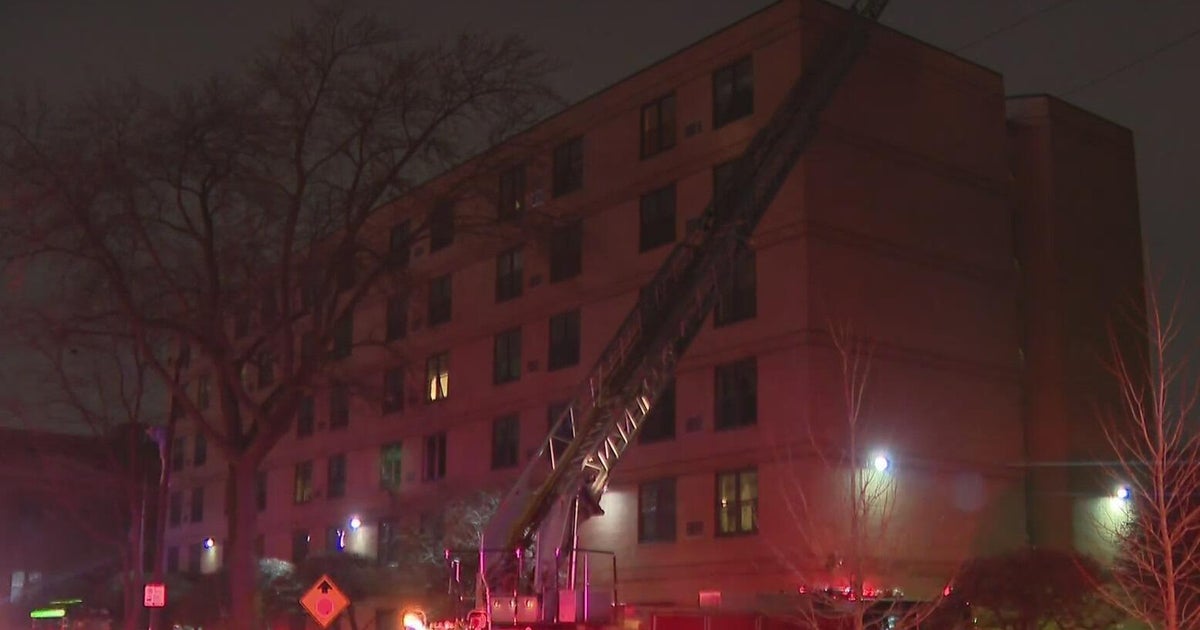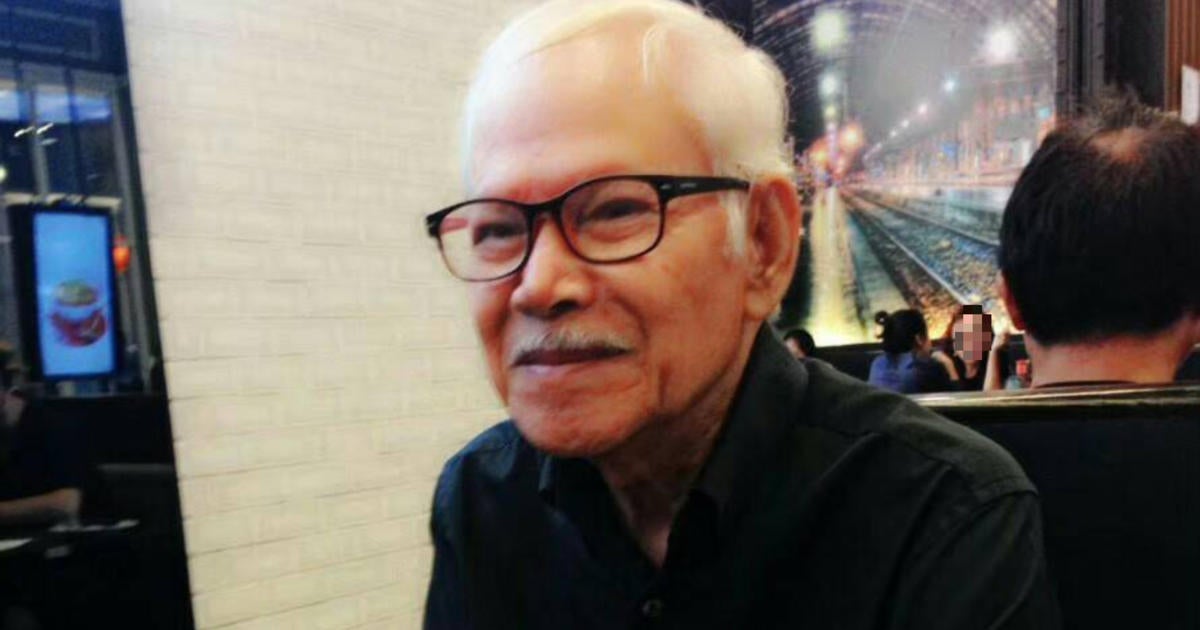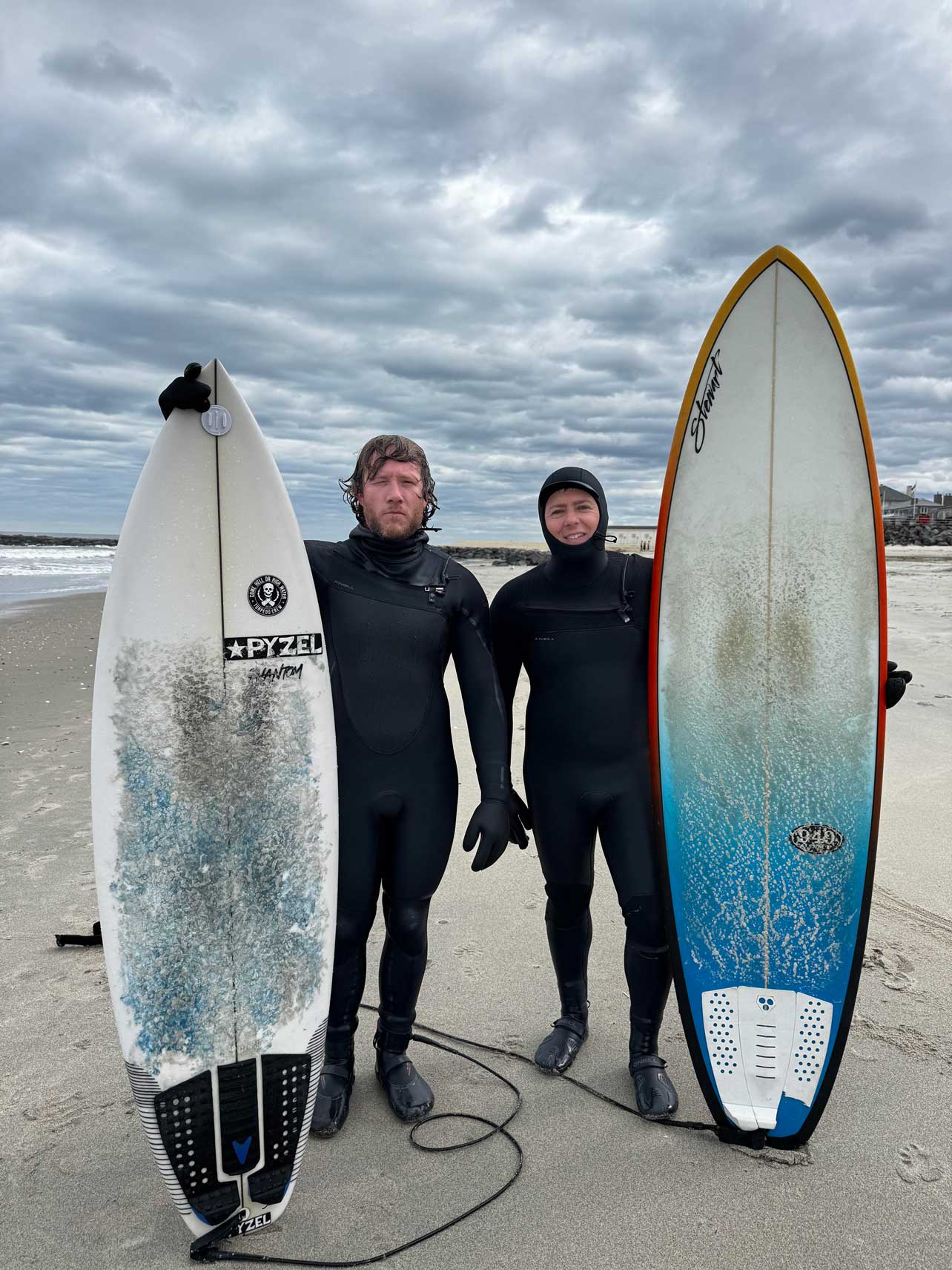David DePape awaits verdict in Paul Pelosi assault trial with jury deliberations underway
Editor's Note: The above video of this story incorrectly states the possible federal sentence as "life" when it is a maximum of 50-years. The text below has been updated and corrected.
Jury deliberations were underway Wednesday in the federal trial of David DePape, the man accused of bludgeoning former U.S. House Speaker Nancy Pelosi's husband Paul Pelosi with a hammer at the couple's San Francisco mansion last year, following the conclusion of closing arguments.
UPDATE: David DePape found guilty of federal charges in Paul Pelosi assault
DePape is charged with attempting to kidnap a federal official and assaulting an immediate family member of a federal official with intent to retaliate against the official for performance of their duties. His attorneys argued that he was not seeking to go after Nancy Pelosi because of her official duties as a member of Congress and so the charges did not fit. The jury began deliberations shortly after noon Wednesday.
If convicted, DePape faces up to 50 years in prison. Jurors did not reach a verdict by 5 p.m., so it will reconvene and continue deliberating Thursday morning.
Testimony in the case wrapped up Tuesday, highlighted by DePape's tearful recounting of the events on Oct. 28, 2022, that led to DePape striking Paul Pelosi multiple times with a hammer, fracturing his skull and injuring his hands and arms. The 43-year-old DePape told jurors he went to the Pelosis' home as part of a bigger plot to end what he viewed as government corruption.
He described his worldview as shaped by incessant consumption of extreme right-wing media and aligned with QAnon-inspired conspiracy theories.
The prosecution delivered its closing arguments Wednesday, at one point re-playing audio of DePape telling law enforcement that Nancy Pelosi was "the leader of the pack" and highlighting why he went to the Pelosi home on October 28, 2022.
A list of targets
The intrusion at the Pelosis' home was to be the first in a list of targets that included progressive politicians and celebrities that he came to believe were part of a sinister cabal driving the country to ruin. Other names on his list included California Gov. Gavin Newsom, California Congressman Adam Schiff, actor Tom Hanks, President Joe Biden's son Hunter Biden, and Bay Area scholar and University of Michigan professor of women's and queer studies Dr. Gayle Rubin, identified as Target 1 in court papers.
DePape, a Canadian citizen who was living in a garage in Richmond at the time of the attack, testified that his plan was to get Nancy Pelosi and other targets to admit to their corruption. "If she lied, I would break her kneecaps," he said. "The choice is on her." He then wanted President Joe Biden to pardon the targets "so we can move forward as a country."
Terrifying attack
In testimony Monday, Paul Pelosi gave his account of the attack publicly for the first time. He said he was awakened by a man bursting into the bedroom door and repeatedly asking, "Where's Nancy?" Pelosi told him she was in Washington DC, to which he responded that he was going to have to wait for her.
"He said, she was the leader of the pack, he had to take her out, he was going to wait for her," said Pelosi. "He was going to tie me up and wait for her."
Pelosi said he was able to grab his cellphone and called 911, but when police arrived DePape told him he was going to have "to take you out."
"He was never my target and I'm sorry that he got hurt," DePape said.
"I reacted because my plan was basically ruined," he said when asked why he hit Pelosi.
Legal experts said a lengthy deliberation could be a promising sign for DePape and his defense team.
"We see the assault itself, so everyone has seen it. So the jury taking time means they're not just considering the sort of violence and brutality of what we've seen, but they're considering other things," explained former federal prosecutor Anthony Brass.
The defense never challenged the who, what, or when of the attack, but argued DePape had to be acquitted because the charges of attempted kidnapping of a federal official and assault of a family member of a federal official have to be linked with Pelosi's official duties and not just political reasons.
"The defense made an argument which was basically trying to -- I think -- confuse the jury a little bit as to the elements of the crime and what are the legal elements," said UC Law San Francisco Professor Rory Little.
In its rebuttal, the prosecution called the defense's argument of separating Pelosi's official duties and political ones "made-up" to confuse the jury about the charges.
"I think the defense probably proved that he didn't plan ahead to hit Paul Pelosi with a hammer," said Little. "That's just not a legal element of the crime. But if the jury can be confused about the elements, this could be effective."
DePape has pleaded not guilty to charges in state court of attempted murder, assault with a deadly weapon, elder abuse, residential burglary and other felonies. A state trial has not been scheduled.
